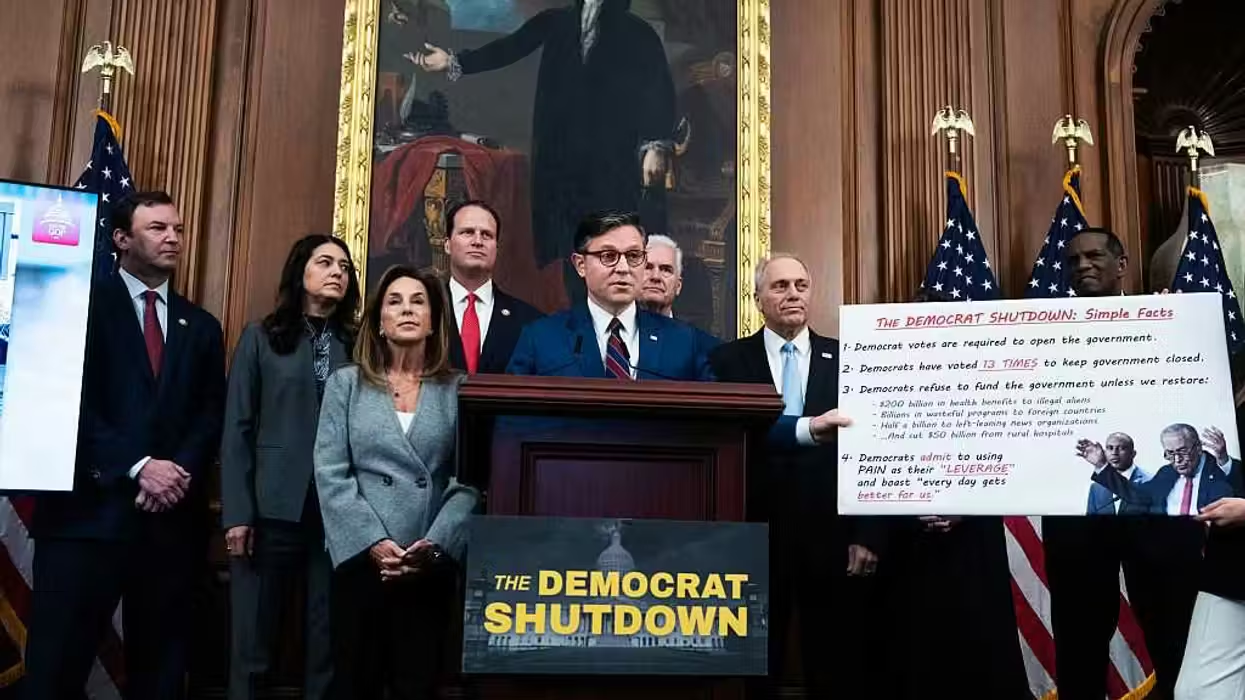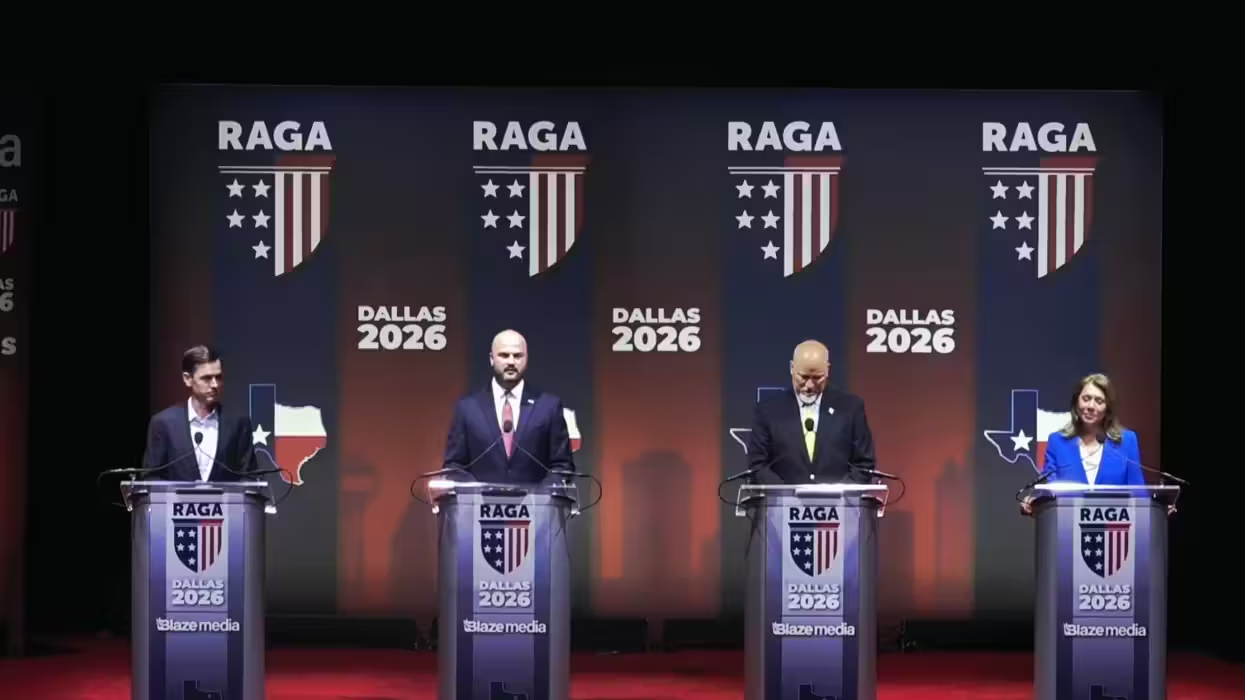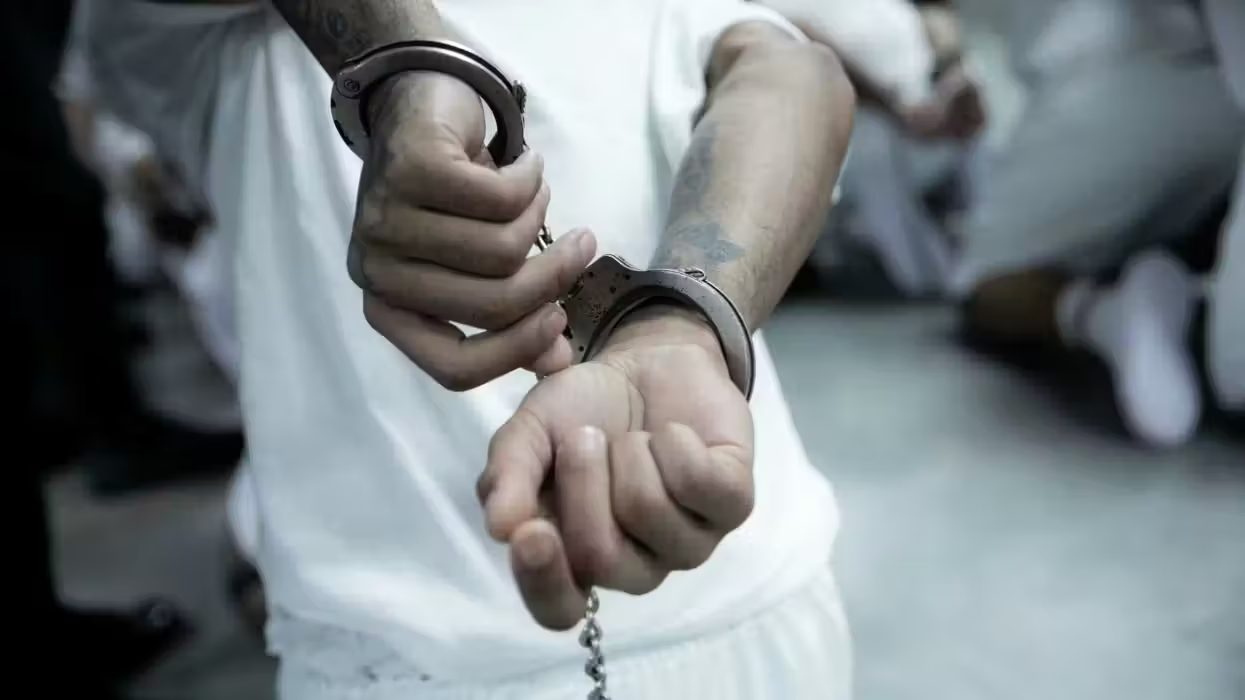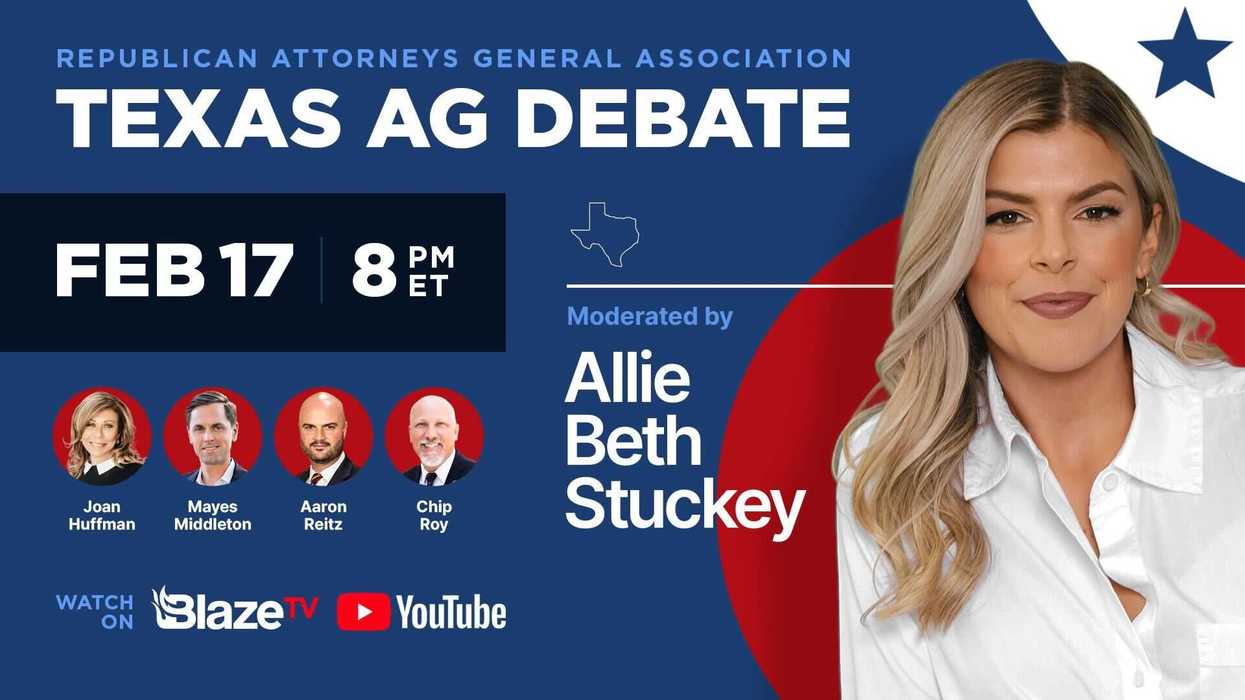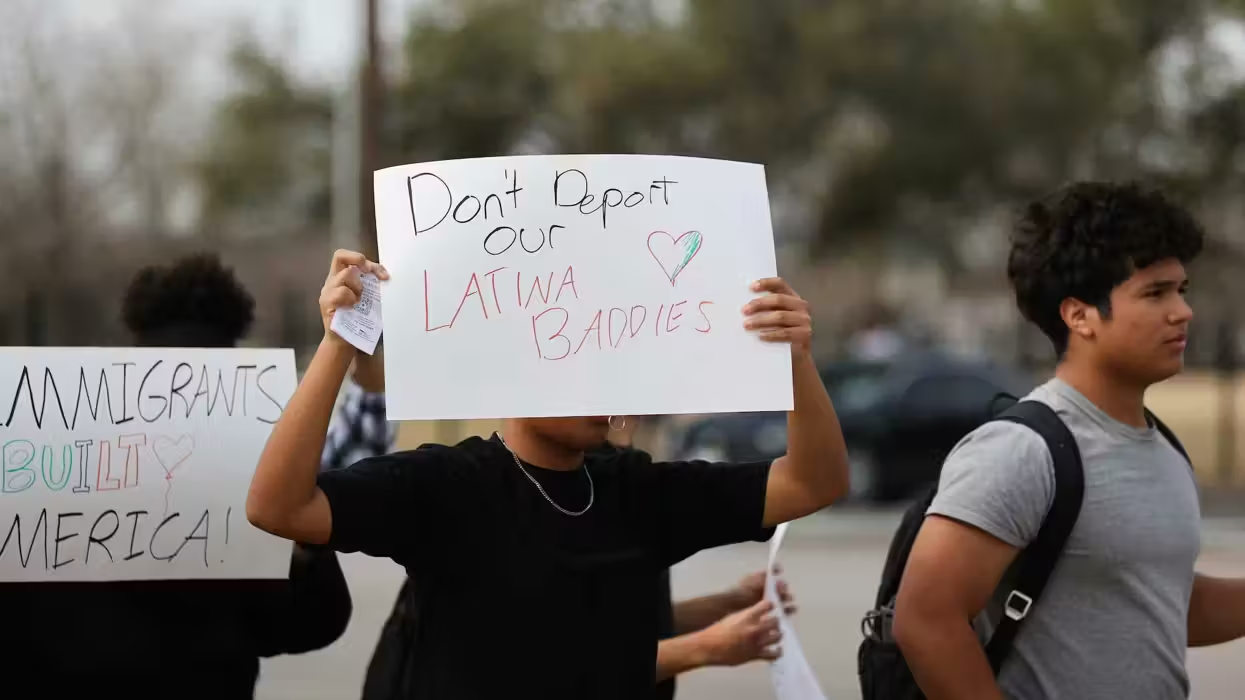
© 2026 Blaze Media LLC. All rights reserved.
Pastor Defends Comments Calling Mormonism a 'Cult', GOP Candidates Respond
October 09, 2011
Herman Cain: "I'm not running for theologian-in-chief"
 Robert Jeffress, the pastor who ignited controversy Friday after he said Republican presidential candidate Mitt Romney belonged to a "cult" because he is Mormon, defended his comments Sunday and repeated his earlier assertions.
Robert Jeffress, the pastor who ignited controversy Friday after he said Republican presidential candidate Mitt Romney belonged to a "cult" because he is Mormon, defended his comments Sunday and repeated his earlier assertions.
Jeffress is a key supporter of GOP contender Rick Perry, and made his remarks to reporters after introducing the Texas governor at the conservative Values Voter Summit in Washington, D.C.
"Rick Perry's a Christian. He's an evangelical Christian, a follower of Jesus Christ. Mitt Romney's a good moral person, but he's not a Christian. Mormonism is not Christianity, it has always been considered a cult by the mainstream of Christianity," Jeffress said Friday.
Jeffress appeared on Fox News' "Fox and Friends" Sunday and did not back down from those remarks, and said when given the choice, evangelical voters "ought to give preference to a Christian instead of someone who doesn't embrace historical Christianity."
"When I'm talking about a cult, I'm not talking about a sociological cult, but a theological cult," Jeffress said. "Mormonism was invented 1,800 years after Jesus Christ and the founding of Christianity. It has its own founder, Joseph Smith, its own set of doctrines and even its own book, the Book of Mormon, in addition to the Bible. That by definition is a theological cult."
He reminded the "Fox and Friends" hosts that he is part of the Southern Baptist Convention which has itself labeled Mormonism a cult.
"As much as Bill Bennett and others would like to make me out to be the Jeremiah Wright of the right, I'm not," Jeffress said in reference to the radio host's remarks a day earlier.
Jeffress conceded that if the race were between Romney and Obama, a Christian, religion would not be the only factor on which he would base his decision, and repeated his earlier claim that he would vote for Romney in such a contest.
"I am a pastor first and when asked as a pastor about what I consider to be false religions I have to tell the truth as a pastor, regardless of how unpopular it might be," he said.
Asked to weigh in on the controversy during his appearance on CNN's "State of the Union" GOP presidential candidate Herman Cain said he was going to stay above the fray.
“I’m not running for theologian-in-chief,” Cain said. “I’m a lifelong Christian, and what that means is one of my guiding principles for the decisions I make is I start with, 'Do the right thing.' I’m not getting into that controversy."
He said he knows Romney is a Mormon, but wouldn't say whether that makes him a Christian.
“I am not gonna do an analysis of Mormonism versus Christianity for the sake of answering that. I’m not getting into that,” Cain said.
When host Candy Crowley asked why he was "dodging," Cain said the controversy was a distraction.
“If that’s what it looks like," he said, "I’m dodging it because it’s not going to help us boost this economy.”
GOP contender Michele Bachmann similarly chose not to directly address the issue when asked about it on "State of the Union."
"I think what the real focus is here, is on religious tolerance. That's really what this is about," the Minnesota congresswoman said. "To make this a big issue is ridiculous right now, because every day I'm on the street talking to people. This is not what people are talking about."
Still, Fox News' religion analyst Father Jonathan Morris said certain teachings within Mormonism are "unorthodox" during a "Fox and Friends" appearance later on Sunday.
"Certainly followers of Mormonism, Latter Day Saints, would consider themselves and truly are trying to follow the teachings of Christ -- Christians," Morris said. "But here are certain unorthodox teachings within Mormonism, for example their understanding of the trinity is very different from Catholic, mainline Protestant, eastern Orthodox. They do not baptize is the name of the father, the son and the holy spirit."
Morris said the question, however, should not be on the differences between Mormons and other Christians, but rather whether any particular candidate would have the morals to choose proper policy if they were elected to office.
Want to leave a tip?
We answer to you. Help keep our content free of advertisers and big tech censorship by leaving a tip today.
Want to join the conversation?
Already a subscriber?
more stories
Sign up for the Blaze newsletter
By signing up, you agree to our Privacy Policy and Terms of Use, and agree to receive content that may sometimes include advertisements. You may opt out at any time.
Related Content
© 2026 Blaze Media LLC. All rights reserved.
Get the stories that matter most delivered directly to your inbox.
By signing up, you agree to our Privacy Policy and Terms of Use, and agree to receive content that may sometimes include advertisements. You may opt out at any time.

